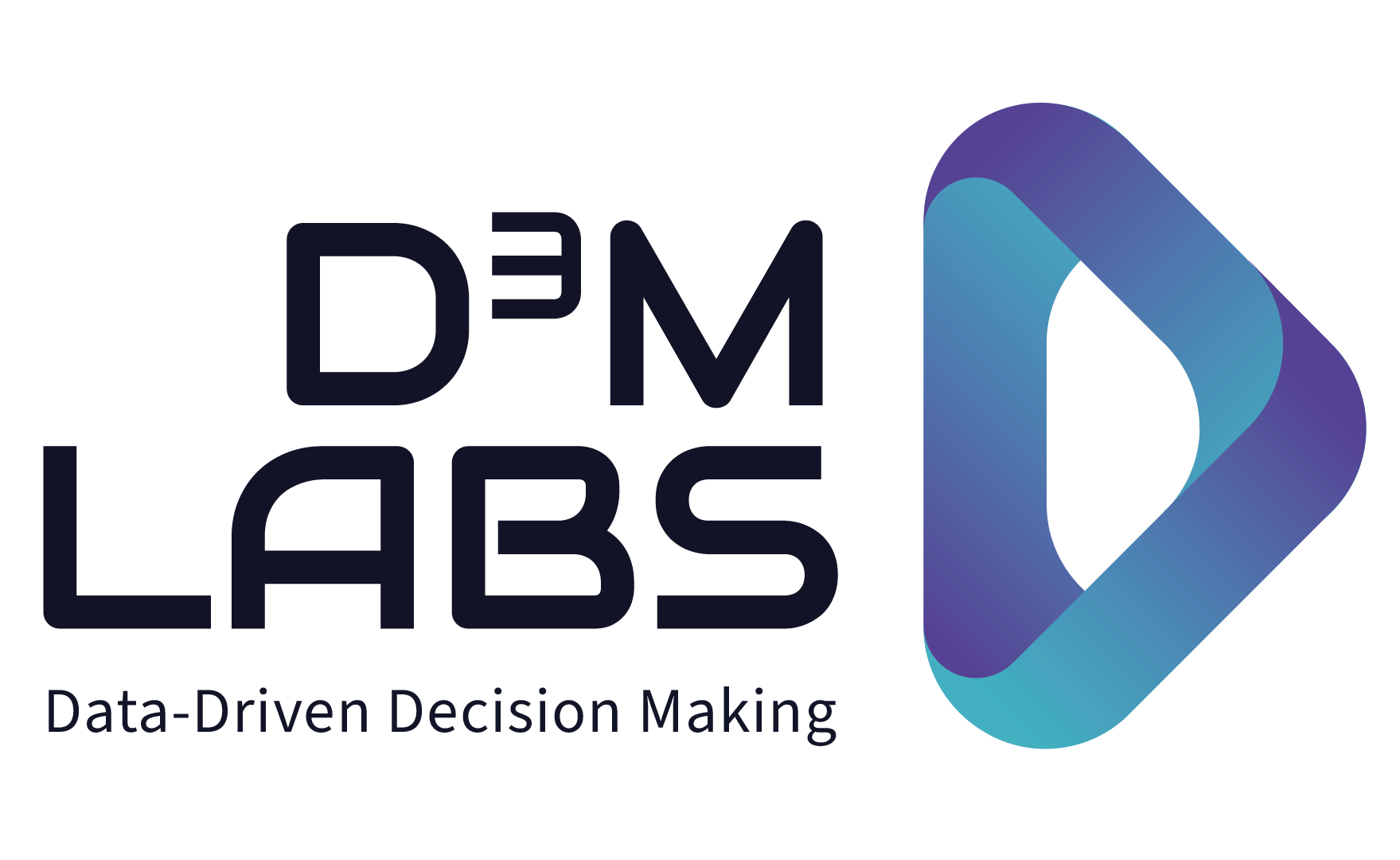Picture: Bayes Esports in Kreuzberg, AI Guild Dinner 19, May, 2022
At the AI Guld Dinner, I was asked by a couple of people about what I look for when I hire data scientists. This advice can be scaled to all data professionals – and beyond.
Data professionals come from many different walks of life. Some are upskilled through a boot camp. Others upskill themselves through MOOCs and online courses, while others have university degrees in related topics and work experience.
There is no such thing as a data person
There are data engineers, data scientists, data analysts, data product owners, data privacy experts and more. One person can fulfill numerous roles in the progress of their careers. Teams define roles differently, but a data team is a TEAM of individuals whose skillsets compliment each other, not a bunch of people who know how to do something with data.
Context and use cases are important
What I hire for is a use case, knowledge of a group of domains or a group of analytical processes. I am looking for somebody who has experience or affinity for a specific domain rather than a general skillset. What I mean by this is a data scientist who has experience working in specific domain and with certain types of use cases, etc. If you are a junior with no previous experience, I would like to know why a certain context interests you or what projects you have that could be useful. If you are somebody who is a career-changer, what have you done in the past that can be applicable to a certain context?
Teaching and teamwork are also important
Being able to work in a team with people who are more or less technical than you, being able to answer questions, also questions you think are silly or repetitive, are also important skills. Depending on your role, giving status updates and presenting are also important.
Self-organization!
Being able to manage your own time, ask for help when needed, set limits, etc. are some of the most underestimated skillsets in data teams. People want a lot from data teams, and being able to manage yourself, manage up and manage laterally is invaluable for good teamwork, stakeholder relations and work-life balance. The good team player is the one who is productive and positive over the long run, not the one who stays up to 1pm secretly working hard and burns out after a couple of months.
Specialist vs. generalist: Focus on 2-4 areas, evolving over time
In terms of specialist and generalist question, the answer is not black or white, but a shade of grey. Focusing on a couple of fields or topics that interest you and you are good at will give you a sufficiently broad base of options to choose from during your career while enabling you to get specialty expertise.
I hope that helps professionals who are starting their careers or looking to enter a data profession.

